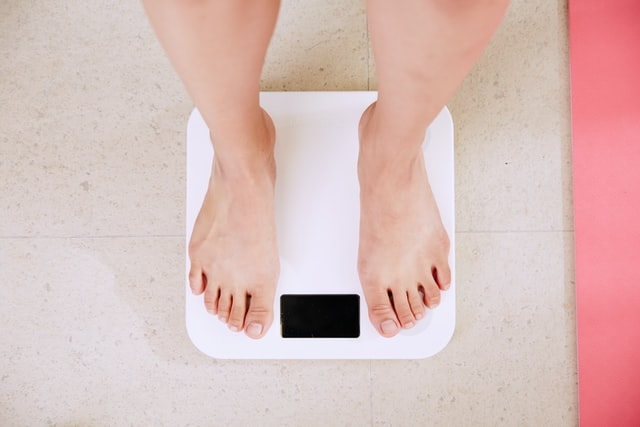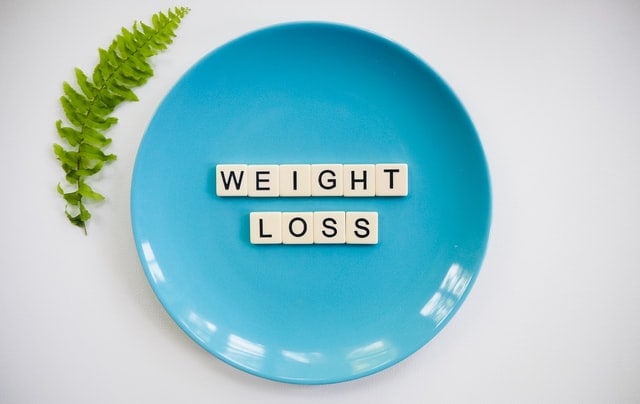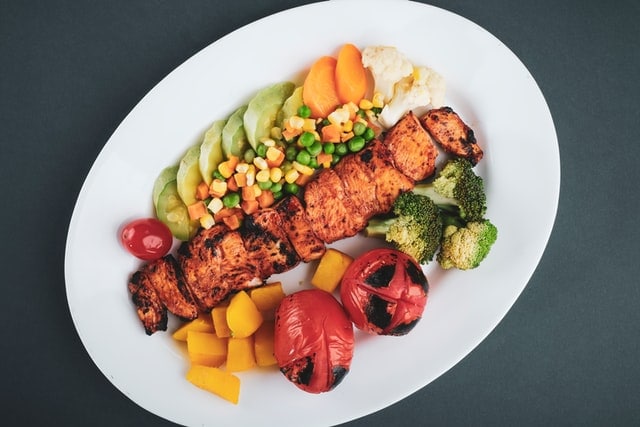Fad diets – we’ve all heard of them. Maybe we’ve even tried some. Our favourite celebrities endorse some of them and we all know someone who swears by one. But when it comes to understanding the impact of fad diets on your health, how much do you really know? What are fad diets and are they really effective? Let’s talk about this today.

What are fad diets?
When you ask what is a fad diet definition is not so easy. Just like a fad that enjoys popularity for a short time, fad diets become popular or trendy for a while but may not work in the long run. They usually offer quick weight loss with minimal effort and have just enough scientific language to sound logical.
Fad diets also work on principles of reducing specific types of food or cutting them out altogether. For this reason, they are not sustainable or easy to stick to in our busy daily lives. With rigid restrictions, they also create cravings or binge-eating, so while they may help you shed a few kilos, fad diets cannot be used to maintain your weight in the long run.
If you are aiming for weight loss, consider what are fad diets doing to your body. We’ll discuss the effects and health concerns of fad diets later in the article, so you can decide for yourself. Remember that it is far more effective (but admittedly harder) to formulate a healthy eating plan that is suited to your current lifestyle and match it with regular exercise to ensure long-term mental and physical health while keeping your weight in balance.

Recognizing fad diets
While there are numerous diets that fall under what is a fad diet definition they are easy to spot because they share common features:
- They promise unrealistically quick weight loss
- Have strict rules to help you achieve weight loss
- Require severe restrictions of food groups
- State that food can dramatically alter body chemistry in the short run
What are fad diets in Australia offering? Some of the most popular fad diets for Aussies make these promises:
- Rapid weight loss without the need for a nutritionist or medical professional
- Lose weight through pills or packaged meals with no need for exercise
- Are based on short-term changes to eating patterns
What are fad diets – Risks and health concerns
By now you must know that not all diets work for you or your health. Fad diets often tend to be extremely restrictive (which is why they work in the short run), often requiring you to cut out entire food groups.

All eating plans that fall under what is a fad diet definition may lead to these health risks:
- Headaches and migraines
- Gastrointestinal problems leading to constipation or diarrhoea
- Nausea and vomiting
- Dehydration
- Reduced body temperature
- Drastic weight loss followed by quick weight gain
- Unexplained weakness and chronic fatigue
- Insufficient mineral and vitamin intake
- Reduced muscle mass and lower bone density
- Slow metabolism which puts you at risk for several diseases
- Eating disorders
- Unhealthy food cravings and insatiable appetite
Fad diets and yo-yo dieting
One of the biggest misconceptions regarding all eating plans under what is a fad diet definition has to do with weight loss. After all, what are fad diets but promises of quick weight loss with not much effort.
While fad diets will almost certainly help you lose a few kilos in the short term, the long-term results are highly debatable.
This is because almost all the weight that you lose through these diets is water- and muscle-based weight, not fat. What are fad diets but meal plans that restrict food groups so that your daily calorie intake falls to a point below the daily maintenance level. This causes your body to break down muscle to get the required calories because it is easier for your body to derive calories from muscle rather than fat.

Breaking down muscle takes place much faster and easier than breaking down of fat storages. This gives the early weight loss when you do this diet. Your body has to work less to break down muscle but it can also lower your metabolic rate. This means you’ll put on weight faster when you stop following the fad diet.
When you notice the weight piling back on, you’ll try another fad diet or do the same one again. This drops your weight again, but reduces your metabolic rate and breaks down muscle. This is called yo-yo dieting. When considering what is a fad diet definition do note that it sounds like a quick fix but you have to keep going back to it.
Any short term change in your eating patterns and behaviour is what makes a fad diet unsustainable in the long term. For a diet to be healthy and effective, it should not be highly restrictive or prevent you from meeting your energy and nutritional requirements.
What is a fad diet definition that is not true?
While the word ‘restrictive’ features in what is a fad diet definition, not all restrictive diets can be termed fad diets. There are certain medical conditions or illnesses which may require you to follow carefully formulated eating plans.

These diets might be for a short while or for the rest of your life, depending on the severity of your condition and the prognosis of the same. In such circumstances, you do not brand these diets as restrictive in any way and follow the recommendations of your medical professional to ensure optimal health and wellbeing.
What are fad diets that are most popular?
There are innumerable diets that fall under what is a fad definition, many of which are popular in Australia. Below we discuss three of the most popular diets:
Paleo diet
This diet is based on the eating patterns and types of food that were popular in the Paleolithic age. Ancient humans found food through hunting and gathering, which meant that food was not processed. Those who follow this diet can eat items like meat, fruit, seafood, nuts and vegetables. Food like dairy, grains or legumes are not a part of this diet.

The focus on eating minimally processed fresh produce while cutting out sugar and salt from your diet is definitely a huge plus point of this diet. However, the removal of dairy products and wholegrain means that you might not be able to meet out your nutritional requirements.
Raw food diet
This diet, as the name suggests, believes that the healthiest foods are ingredients that can be eaten in their raw and natural state as far as possible. This is believed to give you more enzymes and vitamins without losing them in the process of heating or cooking. This diet includes foods in the form of vegetables, nuts, fruits, seeds and some raw animal products.

It might be hard for you to meet your daily caloric requirements through this form of diet. Raw foods and superfoods are always a great addition to any diet as they provide a fantastic health boost. Testimonials from raw dieters state clear skin, weight loss and increase in energy levels among the many benefits of the raw diet.
Flexitarian diet
This diet is one of the most relaxed diets you can do. It recommends eating predominantly vegetarian food but indulging in meat or fish only when the craving strikes.

You do not have to go completely vegetarian or vegan to achieve an optimal state of health and wellbeing. If a flexitarian diet suits your preferences and lifestyle, then it can be good for you to plan your meals around vegetarian sources of protein, and eat meat or fish once a week.
If you have an active lifestyle, you may need to consult a specialist on sports nutrition that will provide you with the adequate amounts of vitamins you need.
How to achieve healthy weight loss
With all the debate about what is a fad diet definition and what is a healthy eating plan, are you wondering how to choose?
There is one plan that will always work and be healthy for you, and is is nothing revolutionary or new – balanced eating. Balanced eating means that you eat all that you want but keep it in moderation. When you combine this with a regular exercise routine, you can achieve a state of wellbeing and maintain a healthy weight.
To ensure that your eating plan is balanced, consider the following:
- Consume fresh foods in the form of fruits and vegetables
- Eat good sources of plant based proteins and include some amount of healthy animal proteins such as lean meat and fish
- Reduce alcohol intake
- Drink water to stay well hydrated
- Eat different grains but make sure they are all wholegrain
- Consume low-fat dairy and other dairy products
- Reduce sugar and salt intake
- Reduce saturated fats and regulate overall fat intake
In addition to what you eat, it is also important to know how to eat. Changing your eating habits might be difficult in the short-term but it gets easier the longer you stick with it.

Here are some helpful tips to maintain a more balanced diet:
- Regulate portion sizes and consume high fibre foods.
- Do not binge eat or binge drink.
- Treat days are often excuses to overeat so it is best to avoid planning them. Instead, eat small quantities of what you like so that you don’t develop cravings.
- Cut down on snacking or choose healthy options.
- When eating, chew properly and don’t gobble your food
- Eat at regular intervals and don’t starve yourself for long hours
- Avoid eating when bored or sad; channel your energy into hobbies, exercise or other distractions
If you need help or have questions about healthy eating plans, Avaana can help you find a nutritionist online to consult.



